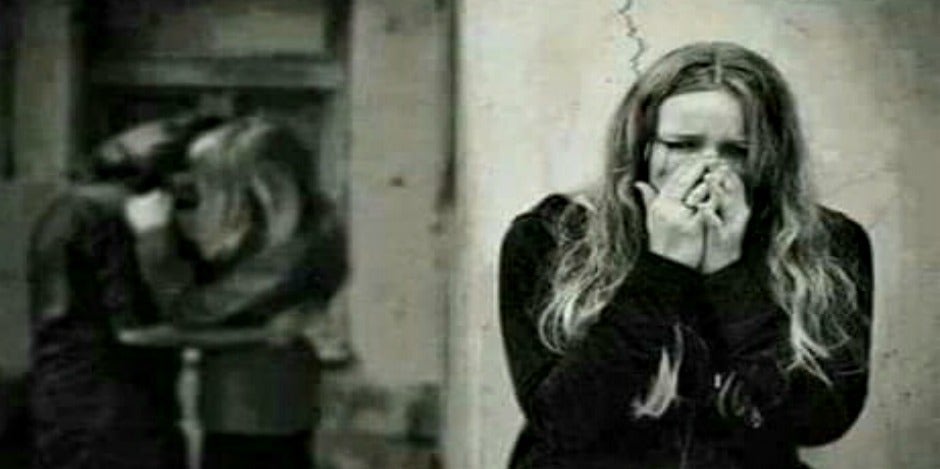When It Is (And Is NOT) OK To Tell Your Kids Their Dad Had An Affair
Are you tempted to tell your kids their dad cheated on you?
 WeHeartIt
WeHeartIt Should you tell your kids that their dad cheated on you?
I know, "no" seems like the easy answer. But the subject is more involved than that, so "it depends” may be the better answer.
In my many years as a psychotherapist (and more recently as a consultant to a family law firm), I've seen this dilemma play out in various ways.
I recall a distraught and angry mother tearfully telling her 9- and 11-year-old children that their dad “had sex” with another woman and “doesn’t love us anymore." The kids were understandably frightened, confused, and angry. This method of telling kids about dad's infidelity is obviously a “no."
But I also recall a Dad having a thoughtful discussion with his college-aged son about the various issues that led him to divorce, including his own infidelity, which in this case was very helpful to the boy’s understanding of his parent’s relationship.
These are two extreme examples and most situations fall somewhere between them. So, what are the variables that might influence the validity of this kind of discussion?
Here are 3 things to consider when deciding whether to tell your children their father cheated or not:
1. Clarify why you feel compelled to share this information with your kids?
If it's out of anger or revenge toward the unfaithful partner and done to turn the children against that parent, that's obviously the wrong thing to do and damaging to the children.
Though it's difficult, we must work to separate the hurt and anger we personally feel toward the unfaithful spouse and their relationship with the children. Yes, you want to believe your partner is wholly evil for hurting you, but the truth is — a person actually can be a very good parent and a deceitful partner at the same time.
2. Is this conversation even age-appropriate for the children?
While explanations of divorce can more easily be phrased in an age-appropriate way, explaining infidelity appropriately to a child under the age of 16 is far harder to do in a healthy, meaningful way. Even children in their late teens can be damaged by news of a parent’s affair, particularly if that teen is idealistic about love relationships or is inexperienced in dating and relationships themselves (which is commonly the case).
So don't only consider the child's age, but also their developmental level and their relationship with the parent who cheated. And use caution here because the child who has a distant or contentious relationship with the unfaithful parent might be more damaged than one who has a close relationship and knows that parent's other more positive aspects.
3. Consider what kind of relationship you want to have with your spouse (or ex-spouse) in the future.
The intense hurt that usually accompanies infidelity is easy to act out in destructive ways (such as telling the children). When grieving intimate betrayal, we need support, either from trusted family and friends, or professionals who can help us deal with the pain in healthy ways.
Keep in mind that many marriages DO successfully heal from infidelity and become stronger life-long unions. But even if divorce occurs, you will share a partnership with this person, as co-parents, so you need to do what you can to foster some harmony for the sake of your children and yourself, as well.
Infidelity, as traumatic as it might have been, does not need to define our future relationships.




